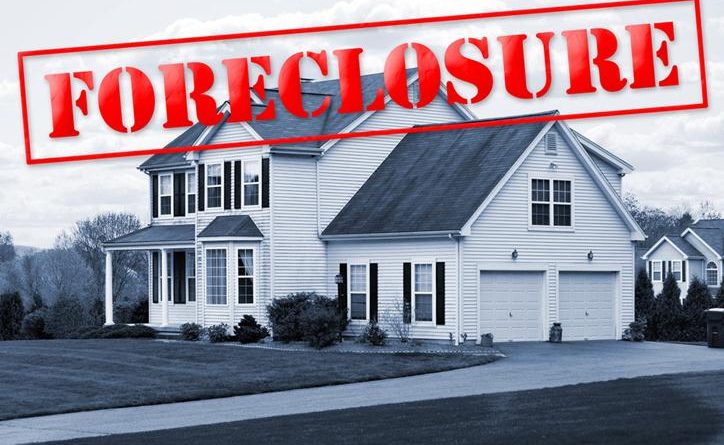Foreclosure can be difficult for anyone to handle, but mortgage foreclosure help is available to almost anyone. Avoiding a mortgage foreclosure can save you from having to find a new place and impacting your credit negatively. This situation can be tough, but here are some things you can do to get help with your foreclosure.
Mortgage Relief
After the major foreclosure event of 2008 to 2011, mortgage relief became available for those who have lost their home or those who are at risk. You could receive mortgage foreclosure help with benefits like immediate cash payments, loan modifications with mortgage balance reductions, and even refinancing. The benefits aren’t guaranteed even if you meet eligibility requirements. However, you may receive help if you lost your home between 2008 and 2011 if you’re current on your mortgage payments but underwater, or if you’re behind on your mortgage payments.
Foreclosure Attorney
An attorney could give you mortgage foreclosure help before the bank gets involved, especially when your rights have been violated. Foreclosure attorneys may assist you with staying in the home after the bank begins the process. They can even defend you in court to keep your house when the loan servicer didn’t follow proper procedures if the foreclosing party can’t prove it owns your loan, or if your servicer has made errors with your account.
Refinance
Getting a new mortgage to replace your original is called refinancing. This is usually done to get a better rate after the economy improves and interest rates fall. Rate-and-term refers to the type of foreclosure help that allows you to change your current mortgage for one that has more favorable rates and terms. Additionally, you could switch the type of mortgage you have from an adjustable rate to a fixed rate, which could make the payments more stabilized.
Forbearance
The best way to get mortgage foreclosure help is to speak to the lender and explain the issue. They may offer a forbearance, which is a time period where you don’t have to make your mortgage payment. During this period, your mortgage still accrues interest that you’re responsible for, but it could give you a few months to catch up on your payments. Your lender may not allow a forbearance depending on your situation and how far behind you are on your payments, but contacting shows a good faith effort to resolve the debt.
Short Sale
The final option to avoid foreclosure is to have a short sale. This type of mortgage foreclosure help is when the bank agrees to accept less than the debt owed while agreeing to accept a price that is at or below the appraised value of the property. This scenario would allow you to catch up on your payments without receiving a significant impact to your credit that a foreclosure would cause. However, you are required to leave your home once escrow closes. A short sale can still affect your credit, although it’s difficult to determine the impact. This foreclosure help is final, so it’s important to consider all other options before considering a short sale.
Featured Image: depositphoto/ArenaCreative




